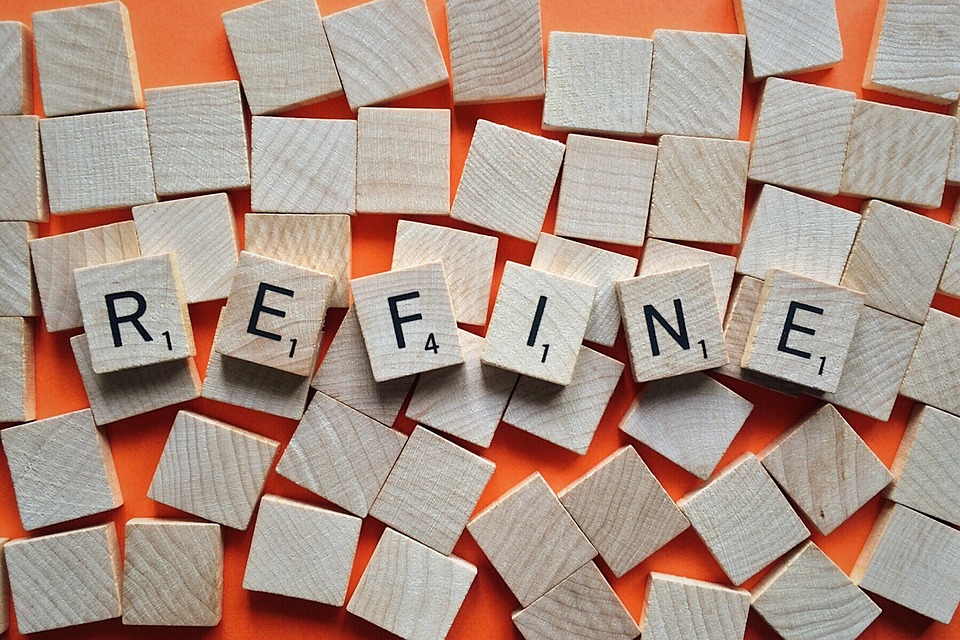Refinancing a home can be a great way to reduce monthly payments, secure a lower interest rate, or even take cash out for home renovations. However, one important factor to consider when refinancing is the cost involved. In this article, we’ll take a closer look at the typical cost to refinance your home and what factors can affect that cost.
Understanding the Costs of Refinancing
When you refinance your home, you are essentially taking out a new mortgage to replace your old one. As such, there are several costs involved in the process. Some of the typical costs to refinance a home include:
- Closing Costs: These fees include things like appraisal costs, loan origination fees, title search fees, and other fees related to the closing of the loan.
- Prepayment Penalties: If your current mortgage has a prepayment penalty, you may be required to pay a fee to refinance.
- Private Mortgage Insurance (PMI): If you are refinancing with less than 20% equity in your home, you may be required to pay PMI, which can add to the cost of refinancing.
- Points: Points are essentially a way to buy down your interest rate. Each point typically costs 1% of the total loan amount.
How Much Does Refinancing Cost?
The actual cost to refinance your home will depend on a variety of factors, including the size of your loan, your credit score, the type of loan you are refinancing into, and the lender you choose. However, as a general rule of thumb, you can expect to pay between 2% and 6% of the total loan amount in closing costs.
For example, if you are refinancing a $200,000 mortgage, you could expect to pay between $4,000 and $12,000 in closing costs. Keep in mind, however, that some lenders may offer no-closing-cost refinancing options, where they will waive certain fees in exchange for a slightly higher interest rate.
Tips for Minimizing Refinancing Costs
If you are considering refinancing your home but are concerned about the cost, there are several things you can do to minimize those costs. Here are a few tips:
- Shop Around: Don’t just go with the first lender you talk to. Shop around and compare rates and fees from several different lenders to find the best deal.
- Improve Your Credit Score: Your credit score can have a big impact on the interest rate you are offered. Taking steps to improve your credit score before you refinance can help you secure a lower rate and lower your overall costs.
- Consider a No-Cost Refinance: As mentioned earlier, some lenders offer no-closing-cost refinancing options. While you will pay a slightly higher interest rate, this can be a good option if you are concerned about upfront costs.
- Negotiate with Your Lender: Don’t be afraid to negotiate with your lender. Some fees may be negotiable, and you may be able to get a better deal by simply asking.
Final Thoughts
Refinancing your home can be a great way to save money on your monthly mortgage payments or to take cash out for home renovations. However, it’s important to understand the costs involved and to do your research to find the best deal. By shopping around, improving your credit score, and negotiating with your lender, you can minimize your refinancing costs and get the best possible deal for your situation.
